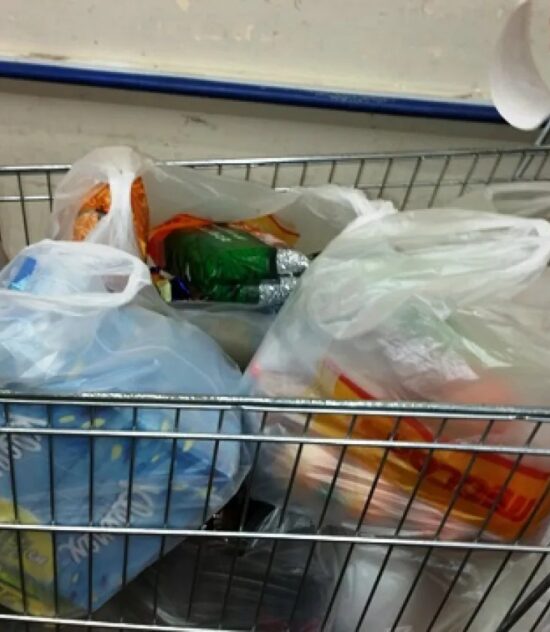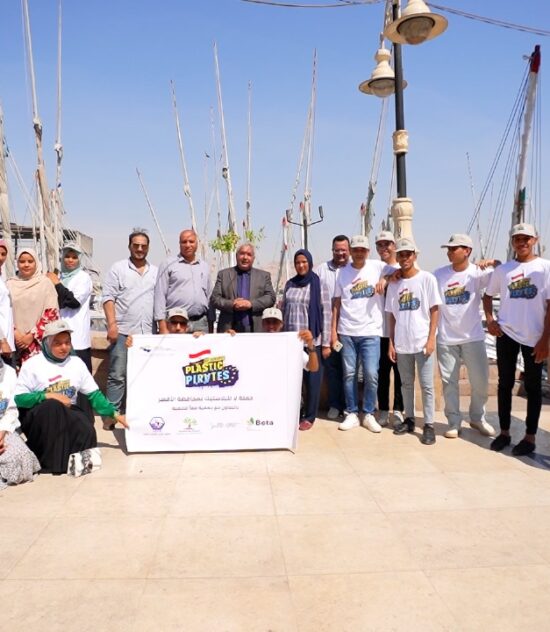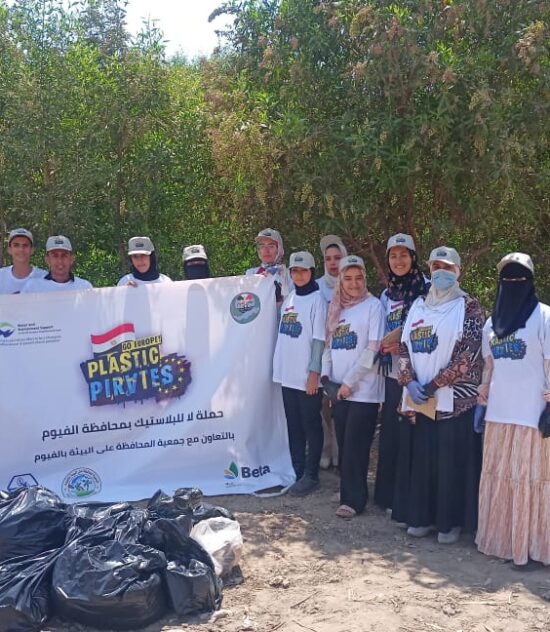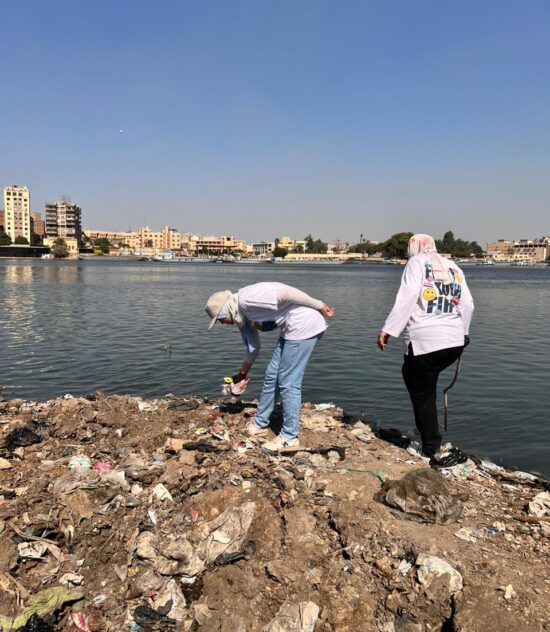The initiative included the implementation of numerous field activities, as well as clean-up and awareness campaigns across selected sites, with the participation of volunteers and partner associations from various governorates. These activities targeted aquatic environments — along the Mediterranean coast, the shores of lakes, and within the navigable course of the Nile River and its branches.
The initiative aimed to conduct awareness and clean-up campaigns in a number of coastal and aquatic areas across several governorates, including two lake ecosystems: the shore of Lake Qarun Nature Reserve in Fayoum Governorate, and the shore of New Faied on the Great Bitter Lake in Ismailia Governorate.
It also included seven coastal campaign sites along the Mediterranean, covering two areas in North Sinai Governorate, two in Matrouh Governorate, Shahr El-Asal Beach in Bitash (west of Alexandria), Baltim Public Beach in Kafr El-Sheikh, and Al-Manakh District Beach in Port Said. In addition, activities were carried out along the Suez Corniche on the Red Sea coast.
Furthermore, ten campaigns were organized in governorates located along the Nile River and its tributaries — including Aswan, Luxor, Qena, Assiut, and Beni Suef in Upper Egypt, and Giza, Menoufia, Dakahlia, Sharqia, and Beheira in Lower Egypt — as well as in Wadi Degla Protected Area in Cairo.
In Giza Governorate, the “No to Plastic” initiative launched its activities with a seminar in the Al-Warraq district, attended by the District Director and over 100 participants. The session focused on raising awareness about the environmental and health impacts of single-use plastics, and the role of local authorities in reducing their consumption.
Following that, a tree-planting campaign was held along the Nile Corniche, aiming to plant 70 trees, with the participation of 30 young volunteers, including persons with disabilities. A field clean-up campaign was also conducted on the banks of the Nile in Al-Warraq, where around 50 kilograms of plastic waste were collected.
In Sharqia Governorate, a clean-up campaign took place along Bahr Mois in Zagazig City, where participants collected plastic and solid waste from the riverbank. Volunteers also carried out community awareness activities, engaging residents on the importance of protecting the Nile and reducing single-use plastic pollution.
The campaign successfully raised awareness among more than 600 citizens, directly and indirectly, and removed approximately 660 kilograms of plastic waste, which was safely transported by the local authority’s vehicles to the designated environmental collection point.
In Aswan, a series of school awareness sessions were held on the health and environmental risks of single-use plastics, ways to avoid their harmful impacts, and available alternatives. The sessions also emphasized the role of female students in raising community awareness and encouraging families to use sustainable options.
Assiut Governorate hosted an introductory seminar to launch the initiative, attended by around 30 representatives of local authorities, civil society organizations, and media. The seminar highlighted the initiative’s goals and activities, discussed the environmental and health hazards of plastic pollution, and explored safe disposal methods.
A subsequent clean-up campaign was organized along the Nile, in cooperation with the East Assiut District, the Governorate’s Solid Waste Department, and the Faculty of Agriculture. Around 40 local workers and young volunteers participated, collecting over 150 kilograms of waste, alongside an awareness campaign targeting pedestrians about the dangers of single-use plastics.
In Alexandria, the campaign was held at Shahr El-Asal Public Beach in the Bitash area, with the participation of around 40 young men and women, including persons with disabilities. The activity was organized in collaboration with the Arab Office for Youth and Environment, the Egyptian Environmental Affairs Agency (EEAA), and the Central Administration for Tourism and Resorts. More than 100 kilograms of waste were collected.
The campaign also included public awareness activities for beachgoers on the environmental impacts of plastic pollution — particularly on marine ecosystems — and its risks to human health. Participants encouraged citizens to switch to alternatives to single-use plastics.
In Luxor, an introductory meeting brought together officials, youth, local leaders, and media representatives, followed by a clean-up campaign at the Rowing Club area of the Nile. Additional awareness activities were organized in seven schools, five women’s seminars, three field sessions for farmers, two meetings with village leaders, and 47 household visits to educate women on the harms of single-use plastics.
Similar campaigns were held in the governorates of Fayoum, Beheira, Menoufia, Ismailia, Port Said, Qena, Beni Suef, North Sinai, and Matrouh. These efforts resulted in the removal of hundreds of kilograms of plastic and solid waste, alongside awareness sessions highlighting the dangers of plastic pollution and promoting available eco-friendly alternatives.
The results of the “No to Plastic” initiative showed that fishing gear waste, food and beverage packaging, and cigarette-related litter were among the primary sources of plastic pollution in aquatic environments.
Data collected from the clean-up sites during the first phase of the initiative revealed that plastic waste accounted for approximately 91% of total solid pollutants, followed by paper, cardboard, glass, and metal waste.






